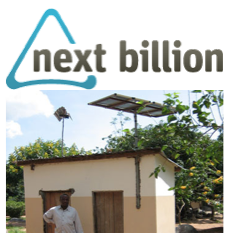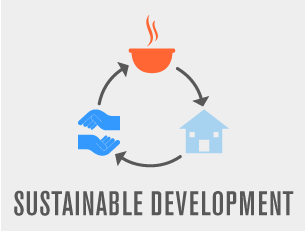 One emerging trend in the BOP is to provide power not just for individuals and individual homes but use a system that can generate power for entire communities and neighborhoods. Numerous organiztions are tackling this across the developing world.
One emerging trend in the BOP is to provide power not just for individuals and individual homes but use a system that can generate power for entire communities and neighborhoods. Numerous organiztions are tackling this across the developing world.
M38 in Ghana is replacing charcoal in an area that has depended on it for most of its energy needs for some time. A mother-son pair started this by going around their village and re-filling Liquid Petroleum Gas, which is much cleaner and safer than charcoal for their neighbors and since then they have built an LPG station in the village so then many more people can benefit from this, up to 1700 so far. Sodigaz has done something similar with LPG stations in Mali and Haiti, extending power up to 21,000 people.
Zara Solar is using solar power to supply northern Tanzania, in which about 90% of the population had no access to electricity at all. With this system, each house now has its own solar panels and also provides microcredit to allow them to buy the panels. SELCO India provides solar systems that are able to provide not just lighting, but cooking, communications and water heating. It helps the customers finance the systems by connecting banks to the customers and encourages the banks to create credit for them. It has served over 850,000 households.
HUSK Power Systems gets its name from the rice husks that it gets its energy from. It converts rice husks into methane for the people of Bihar, India. They end up recycling agricultural waste to provide the power and work with the Indian government to allow for carbon credit sales. PlayMade Energy is relatively new and is based on a seesaw that generates electricity as a the individual bounces up and down on it. Just 5 to 10 minutes on it will power a school for an entire evening.


